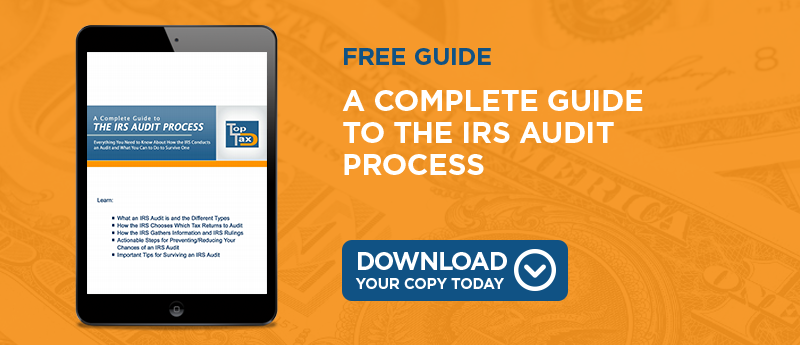
Members of the United States military are often lauded for their courageous service. However, these service members often face specific tax situations that require a bit more knowledge than a traditional tax return. The IRS has made a few considerations for military tax issues and it's in the best interest of these individuals to learn about these considerations so they can avoid excessive taxes. Here are a few tax tips for members of the military.
Is Your Income Taxable?
The first thing for many members of the military to consider is whether their income is taxable. As a general rule, military pay is taxable income. This also applies to military retirement pay, unless the veteran elects to transfer part of his or her retirement to survivors' plans set up by the military. The portion of the pay that is deferred to these types of programs is not considered taxable.
Non-cash veterans' benefits, though, are generally not taxable. This exclusion applies to education benefits, paid work therapy, disability pay received by either the veteran or the family, and interest accrued on VA insurance.
Military Housing Considerations
The IRS has also established a few special real estate exclusions for members of the military. Generally, the agency requires that taxpayers live in their residence for at least two years before selling it in order to claim an exclusion for the first $250,000 of profit on the sale. Service members that have served on qualified official extended duty, though, are exempt from the residence requirement and may qualify for the exclusion even if they have not personally lived in the home for two years.
Service members who receive a housing allowance from the military are still eligible to deduct the real estate taxes and mortgage interest they pay. These expenses are deducted on Schedule A "Itemized Deductions" and taken as a reduction against taxable income.
Returns for POW and MIA Service Members
The IRS still requires that income tax returns be filed on behalf of members of the military who are classified as prisoners of war or "missing in action". This means that spouses whose marriage mates have been classified as POW or MIA must still use the Married Filing Jointly tax status on their returns.
There's no doubt that members of the U.S. military have to face unusual challenges in their service, but these individuals also have unique income tax situations. By taking advantage of these tax tips for members of the military, service members can make sure they are not overpaying their income tax liability each year.




